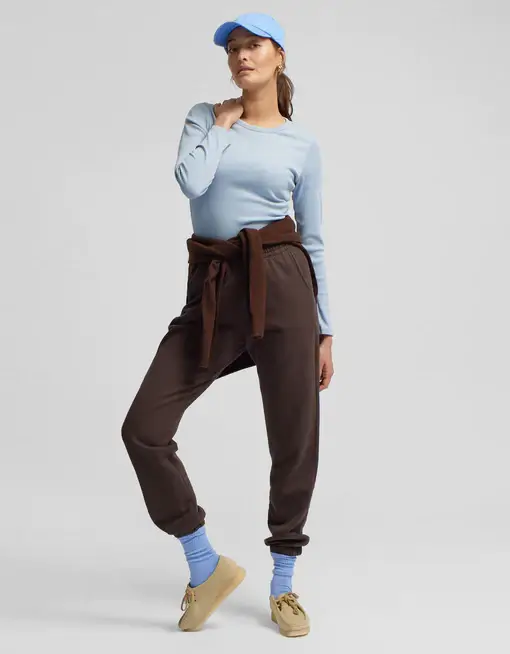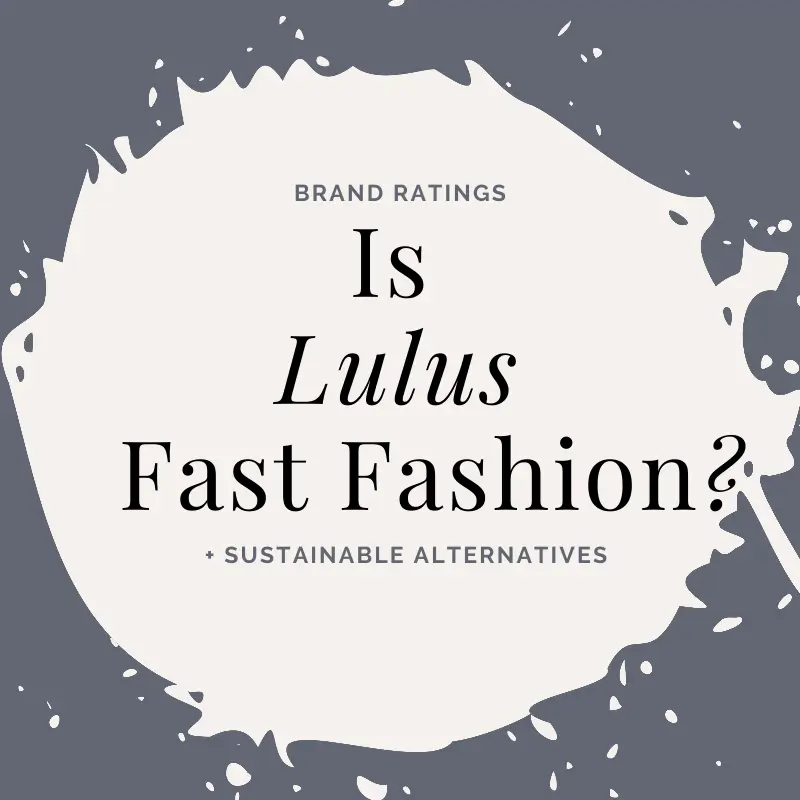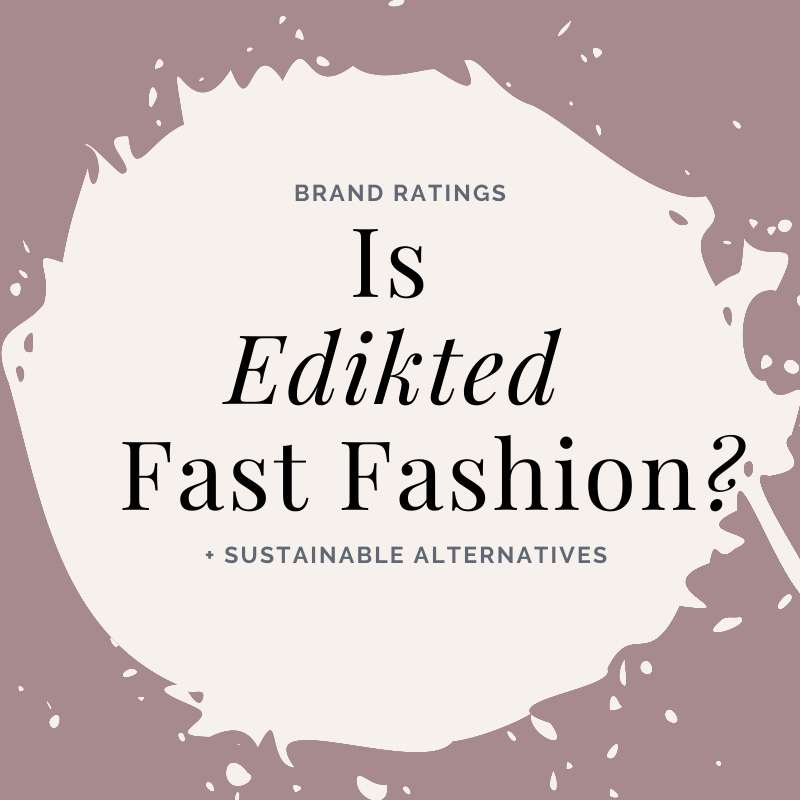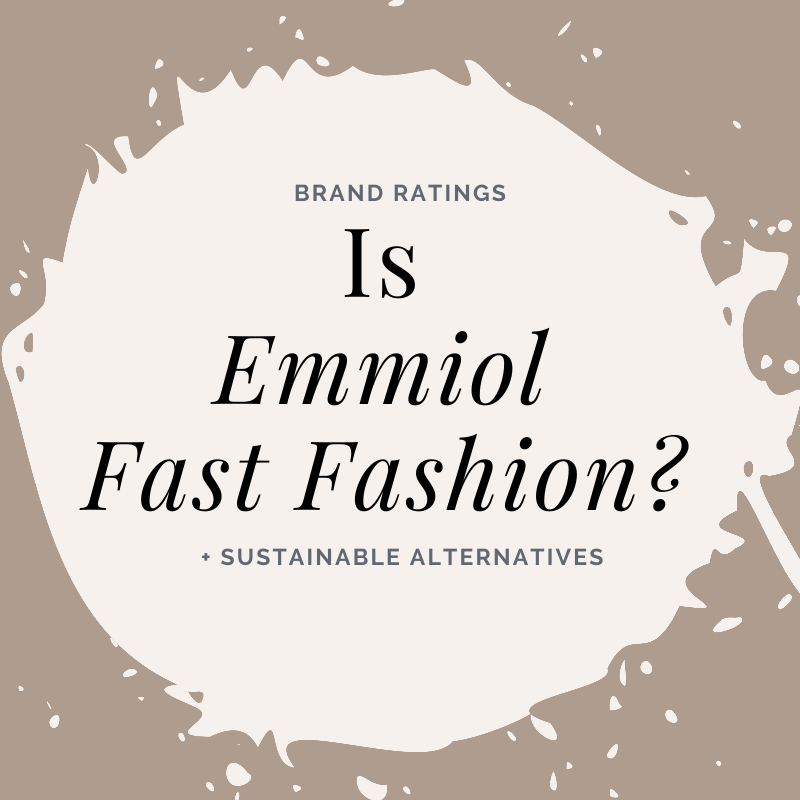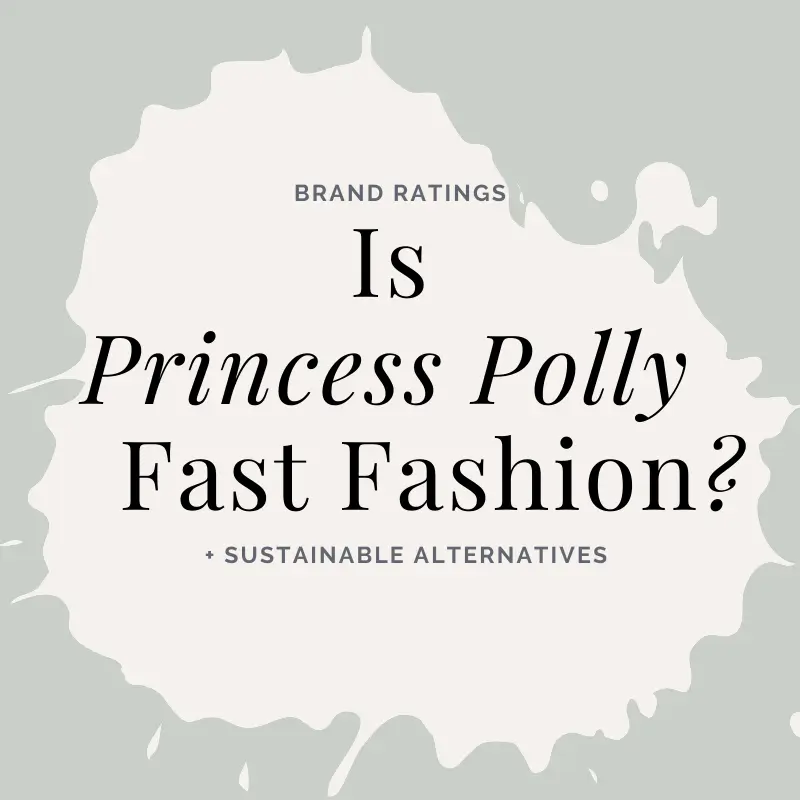
What may have started as a small Gold Coast retailer has grown into a giant cult fashion brand, but is Princess Polly fast fashion? We find out in the article below.
Since its founding in Australia in 2010 by Erin and Wez Bryett, Princess Polly has become one of the biggest US teen clothing retailers. Famed by millions of teens worldwide for creating insta and tik tok trending clothing, the Gen-Z fashion brand doesn’t show signs of slowing down, with net sales of $137.4 million US dollars in 2021.
While the brand is touting an ethical and sustainable approach to its supply chain practices, we assess if princess Polly is ethical or sustainable or whether the brand is greenwashing.
Is Princess Polly Fast Fashion?
While Princess Polly doesn’t sell its clothes for a cheap price point, we see with other fast fashion brands such as Cider, Zaful, and YesStyle, we would still consider Princess Polly a fast fashion brand. Here’s why.
When we look at the sheer amount of styles that Princess Polly stocks, it’s clear that the brand is following a fast fashion model of rapidly changing trending styles.
For example, when we look at the tops for sale on Princess Polly, we see the brand stocks over 3000 styles! Creating this large inventory leads to textile waste in landfills during the processing stage and in unsold stock.
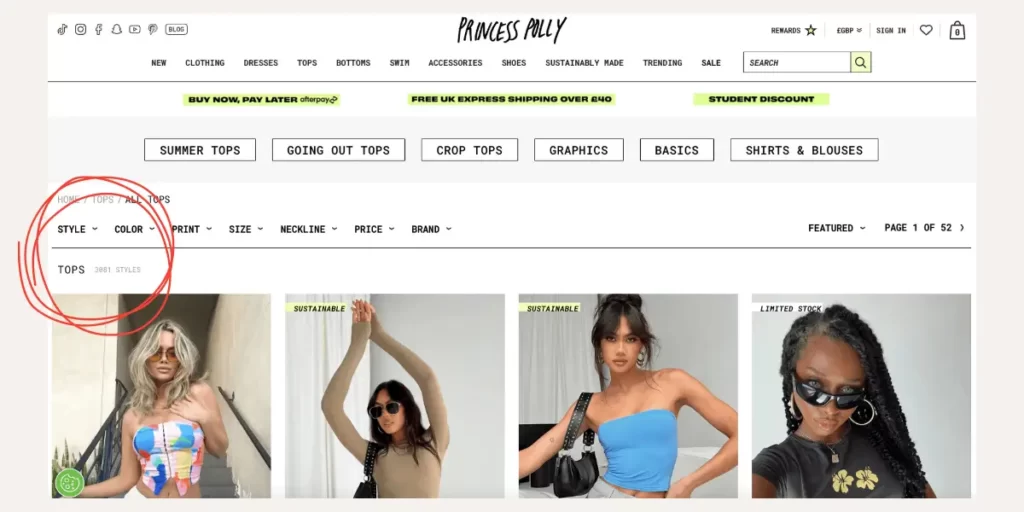
The brand claims to manufacture its products in small quantities based on customer demand on a six-week lead time. However, we fail to see how carrying thousand of styles of stock can be classified as operating an on-demand production model.
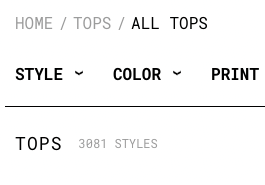
The brand also markets aggressively through its social media channels like Instagram, constantly posting trending styles, sometimes hours apart, and using a team of influencers to promote its products to its 2.2 million followers.
What Materials Does Princess Polly Use?
Princess Polly mainly uses environmentally harmful materials such as Cotton, Polyester, Nylon, Plastic, and Linen to create its clothing.
The brand boasts that 20% of its clothing is now made with sustainable materials, and by 2030, all materials will be sustainably sourced.

[Source]
While it’s good to see brands using eco-friendly materials such as organic cotton and recycled materials, we see this as a greenwashing tactic currently, as Princess Polly still has thousands of pieces of clothing made with non-sustainable materials.
Is Princess Polly Carbon Neutral?
No Princess Polly is not a carbon-neutral brand.
The brand has plans to reduce its carbon footprint and be carbon neutral by 2030 but hasn’t published its current carbon emissions or whether it is on track to meet this target.
Is Princess Polly Ethical?
Princess Polly publishes slightly more information than other fast fashion brands like Zaful and Shein; let’s break down the brand’s information.
Princess Polly says it works with factories registered with SEDEX, an organization that helps improve working conditions. The factories then complete an internal audit and are audited by an independent body. Having factories audited is a step in the right direction, but it doesn’t tell us whether these factories are meeting safe and ethical working conditions.
In fact, Princess Polly says that 83% of our factories have audit remediation plans, which means that factories have failed to meet some ethical and safe working standards in the first place.
Unfortunately, Princess Polly doesn’t publish its factories’ audit scores, so we cannot tell whether the brand is truly ethical.
In addition to the lack of transparency around audit scores, the brand works with factories that currently don’t pay all its workers a living wage.
Where are Princess Polly Clothes Made?
Princess Polly works with 58 factories based in China, employing over 3800 employees. The brand currently has full traceability of its Tier 1 suppliers (these are the factories it partners with directly). However, it doesn’t have full traceability of Tier 2 or Tier 3 suppliers.
The risk of not having full traceability is that Princess Polly could be receiving products from factories that aren’t treating workers fairly or providing safe conditions. Princess Polly hopes to have the Tier 2 factories traced by 2023 but does not indicate whether it is on track to meet this target.
While the brand says it works with 58 Chinese factories, it fails to publish the actual factories’ names, so we cannot look into these in detail.
Is Princess Polly Cruelty-Free and Vegan?
Princess Polly is a fur-free brand; less than 1% of its materials come from animal sources. As well as being fur-free, Princess Polly doesn’t allow animal testing.
The brand ensures the following materials aren’t used in its clothing:
However, the brand is currently not completely vegan because it still uses animal-based products in some of its collections. The brand aims to be vegan by 2030.
Does Princess Polly Have A Clothing Recycling Program?
No princess Polly does not offer a clothing recycling program, nor does it have a resale platform.
Ecothes Opinion: Is Princess Polly Fast Fashion?
What we liked
✔ We like that the brand is using some sustainable materials.
❌ However, we consider how the brand is marketing this collection to be greenwashing, which is something we are against.
What we didn’t like
❌ We didn’t like the greenwashing tactics of the brand.
❌ While the brand looks to give lots of information about its ethics and sustainable materials, beneath the surface, there isn’t much substance to prove that the brand is ethical.
❌ We don’t like that the brand produces thousands of styles, leading to textile waste and clothes being sent to landfills.
Sustainable Alternatives to Princess Polly
Below we’ve included some sustainable alternatives to Princess Polly. In addition, we’ve included brands that are already either carbon neutral, using sustainable materials, or are producing clothing responsibly and ethically.
1. Whimsy + Row

2. Reformation
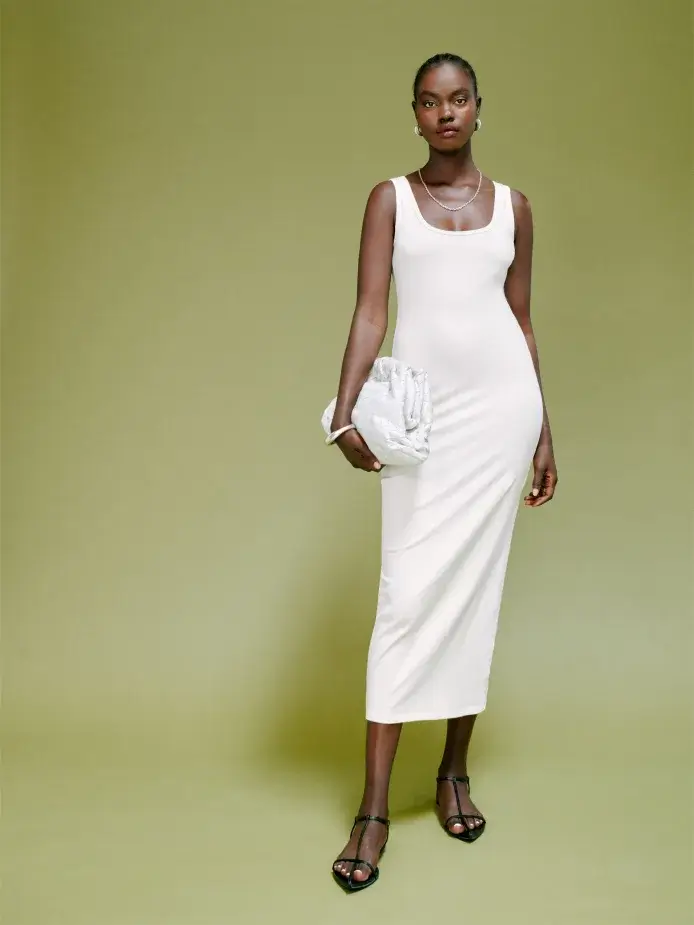
3. Colorful
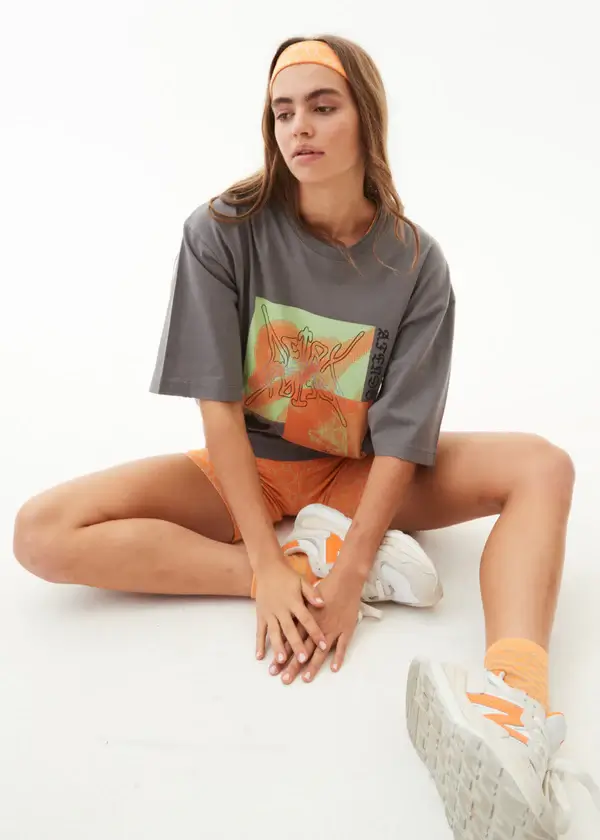
4. Colorful Standard
